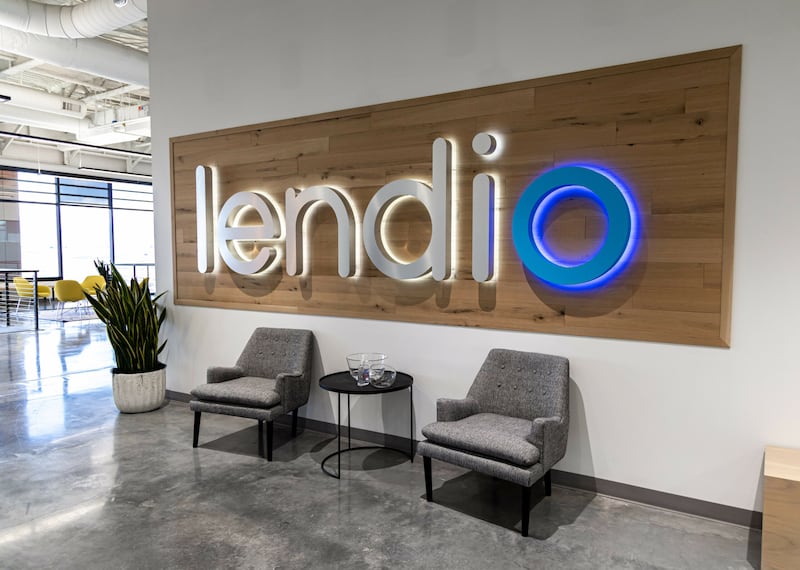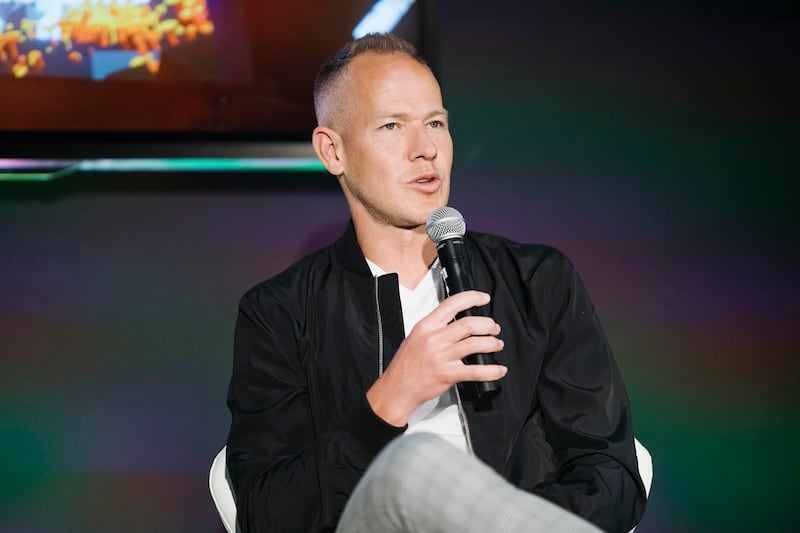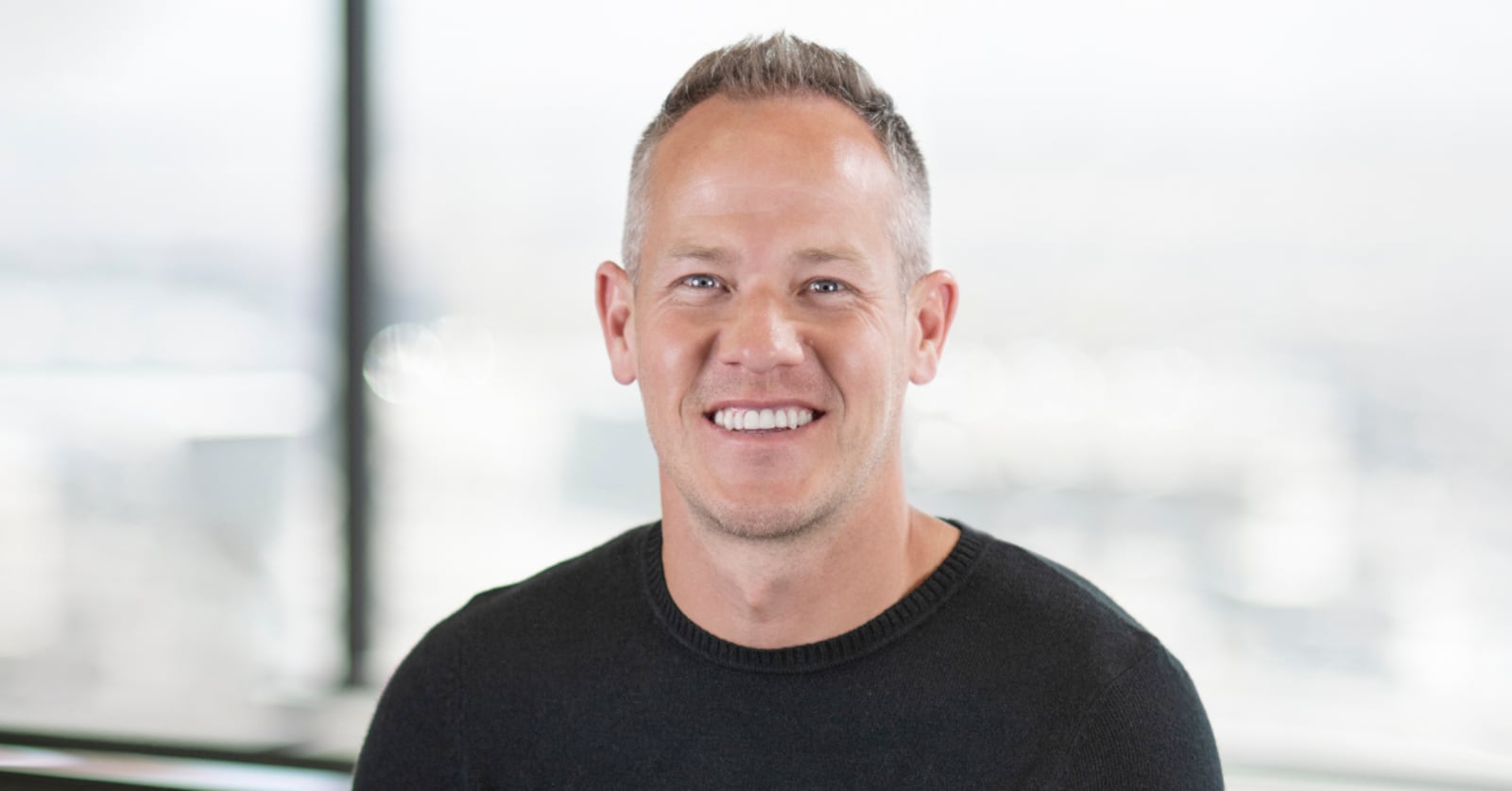
Click here to reserve a free ticket to meet Brock and learn from his story during the Utah Business Founder Friday in-person event on August 25th in downtown Salt Lake City.
—
The Founder Series is a column by and about Utah founders and how they got to where they are today. Click here to read past articles in the series.
Growing up, I never thought about becoming an entrepreneur. Yet, looking back, I already was an entrepreneur in so many ways—I had my own paper route as a kid and ran a lawn-mowing business. In college, I bought and sold scooters at Brigham Young University (BYU) to help pay my tuition. But it was the doctors and the dentists in my community who were the most successful, and I decided, as a teen, that becoming a doctor was the right path.
The decision to pursue a career in medicine was fairly short-lived for me. During a rather gruesome experience on the streets of Uruguay, I witnessed a woman trip and break her ankle on the cobblestone street. As the first one on the scene of the horrific accident, I discovered that I couldn’t stand the gore and pain patients endured. Just like that, I wasn’t passionate about medicine and decided it was not a career I would enjoy.
Back at BYU, I studied in the Marriott School of Business, where one of my favorite classes was the entrepreneur lecture series. In this weekly class, incredible business owners and founders visited to share their stories of how their companies came to be and the impact they were having. I loved everything about these stories and soon found my path forward as an entrepreneur solidified.
Rooted in family
My mom grew up in poverty and worked for everything she got in life. She made her own prom dress and worked to put herself through college, ultimately becoming a schoolteacher. I believe much of the drive my siblings and I—and now also the drive I see in my own children—comes from my mom.
I’m the youngest of six children, including five boys. I’m not sure if it’s being the youngest or being among four other boys, but I’m confident my competitiveness comes from my siblings! I was constantly striving to keep up with them, whether in the backyard playing sports or maintaining the positive reputation they had established within the community.
My dad is a people person. Seeing his interactions and kindness as he served others throughout my formative years really helped to shape me.
All of these things—strong drive, a healthy dose of competitiveness, and the ability to connect with people—have proved integral and, in many ways, truly essential to my entrepreneurial journey.

A drive to win and do good
Near the end of my studies at BYU, I landed a seat in a business “boot camp” of sorts that was an eight-week intensive course: four hours in a classroom and special assignments to be completed outside of class throughout the week. The course, led by local venture capitalist Greg Warnock—someone I am grateful to now call a friend and mentor—culminated in five participants walking away with $50,000 to invest in or start their own company.
I loved the eight-week class, learning the fundamentals and then practicing them, seeing the applications in real life through the different assignments. One week’s activity might have been to sell a product (in my case, water bottles) to as many people as possible, with the person who sold the most declared the winner. Other weeks had a finance or marketing focus. My challenge, however, was that if I was selected as a recipient of the seed money, I had no idea what to do with it.
You can assume what comes next—I won the $50,000. Then came the work of figuring out, “Now what?” I was determined to put this money to good use and to do something that mattered. Every conversation I had with business owners or startup founders boiled down to them saying, “I need capital.” And that’s when the idea hit me: nearly every business owner had the same challenge: finding and getting access to capital. “Main Street,” the small businesses that formed the bedrock of our communities and pillars of our economy, didn’t have an easy way to get financing to fuel their dreams.
That thought stayed with me as I continued my conversations and research. Fortunately, I connected with Trent Miskin, a computer scientist by background who was in the very early stages of standing up what would become Funding Utah. This organization was exactly what I was looking for—a means of helping companies get financing to fuel their dreams, whether it be just starting a business, funding an expansion, opening a new location or something else. I knew it was the right place to invest, and Trent was the right person to partner with.
I can’t write this story without giving equal credit to my business partner and co-founder, Trent Miskin. Trent is one of the most talented problem solvers I have ever met. He is calm under pressure and has become one of the most expert product leaders in the state. There’s no chance Lendio would be where we are today without the day-to-day leadership and execution of Trent!
As we learned that business owners everywhere need capital, Funding Utah evolved into Funding Universe. In 2011, Lendio was born, creating a marketplace for small and medium-sized businesses (SMBs) to get access to financing from over 70 lenders and building a data-led AI platform to better allow financial institutions to engage with these SMBs. Over the past decade, we’ve helped over 400,000 SMBs get financing (to the tune of more than $13 billion).

The good, the bad and the fetal position
I’ve found that sometimes the best lessons or opportunities spring from some of the hardest life moments. In my career, I’ve had five “fetal position moments”—where I’ve literally been on the floor in a fetal position—unsure if we, as a company, would make it to the next day. Those moments can sometimes be painful to relive and think through, but the outcomes are what taught me some of the best lessons.
In one such moment, in the early days, we ran out of the $50,000 I’d put into the business and payroll was coming up. And it wasn’t just any payroll—it was the payroll right before Christmas. We had eight employees at the time, and when I realized we couldn’t cut the checks, I went to an advisor and pitched him on giving us a loan or making an additional investment in Lendio so we could make payday. He told me no because he believed that we’d never learn how to fend for ourselves if he bailed us out. Those words stung and, you guessed it, landed me in the fetal position.
It’s after these moments that I find I have the most creativity—picking myself (literally) off the ground, forcing myself to push through and think of any and every potential solution and getting creative. In this particular instance, I pulled the team together and said that, while we couldn’t make payroll, we had a plan that would not only solve our problems for that payroll and the next but also put Lendio on a clear path toward financial stability and success.
I told the team we would spend the next three months heads-down, focusing 100 percent on revenue and product market fit (PMF)—nothing else. By the end of the three months, we would know if we had created a product people loved and couldn’t live without and if there was a real revenue opportunity behind it.
Because we couldn’t pay anyone in cash, we would pay in stock options. I announced this on a Friday and told everyone to go home, think it over, talk with their spouse/partner/family, and let me know their decision on Monday. Going without pay is a big ask, and I wouldn’t fault anyone if they couldn’t stay. We all have financial commitments and needs, and I understood I was asking a lot. You can imagine my gratitude when all eight employees returned to the office on Monday and declared they were in!
The most growth you will experience as an entrepreneur will be in these critical inflection (or “fetal position”) moments. If you can survive those moments, you can survive pretty much anything—and gain invaluable learning and growing opportunities in the process.
Advice to entrepreneurs
I mentioned that one of my favorite classes as an undergraduate was the entrepreneur lecture series. Now, nearly two decades later, one of the things I love to do most is to connect with the startup, SMB and entrepreneur communities. I’m often asked what my biggest pieces of advice are for those seeking to start their own business, which I’ve boiled down to the three most crucial things:
- Identify a compelling mission people will want to get behind. What are you solving? How will you change the world? How will you go about solving it?
- Focus on revenue. A little bit of revenue will overcome a lot of other mistakes. Product market fit is everything.
- Surround yourself with people smarter than you. When you have a talented team that has bought into your mission, is pointed in the right direction and has been given ownership to make an impact, you will be successful.

